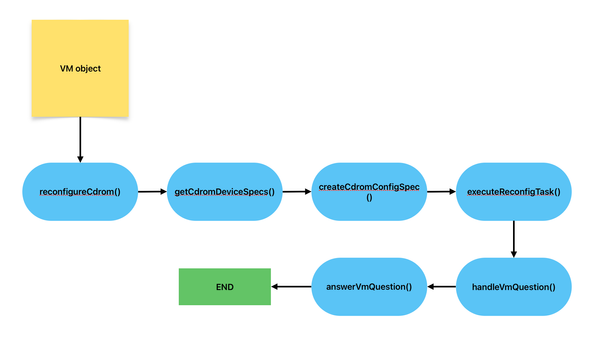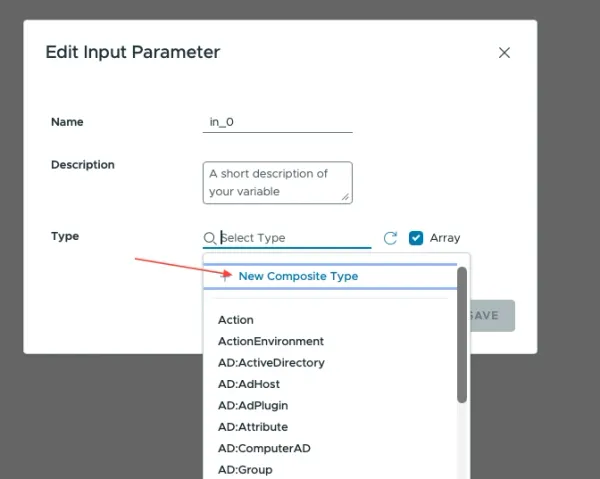If you manage a WordPress site and are curious about voice SEO versus traditional SEO, this is the right place. This article explores how voice search is transforming SEO, what remains unchanged, and what WordPress owners need to do to stay competitive.
**What Is Voice Search SEO?**
Voice search optimization (or voice SEO) involves making your website more likely to appear when someone uses voice queries through devices like Google Assistant, Siri, or Alexa.
Characteristics of voice search:
– Users typically use complete sentences and conversational language, e.g., “What is the best cafe near me that’s open now?” instead of “best cafe near me”.
– Voice queries are often local or immediate action-oriented (e.g., “Where can I find a plumber in New York now?”) due to on-the-go usage.
– Optimization often requires structured data, mobile speed, and clear answers so voice assistants can effectively use your content.
In summary, voice search is more conversational, immediate, and spoken than typed.
**What Is Traditional SEO?**
Traditional SEO involves optimizing your WordPress site or any website for typed search queries. Key elements include:
– Keyword research, optimizing title tags, meta descriptions, header tags, on-page content, internal links, backlinks, and technical performance.
– Focus on shorter queries, often keyword-rich phrases.
– Rankings are given in search result pages (SERPs), and you aim to be on page one, ideally high up.
For WordPress owners, traditional SEO involves ensuring a clean theme, fast loading site, relevant content, good links—essentially the basics of good SEO.
**Key Differences: Voice SEO vs Traditional SEO**
**1. Search Intent and Query Structure**
– Traditional SEO: Users type short phrases like “WordPress SEO plugin”, “best hosting”.
– Voice SEO: Users ask full questions like “Which WordPress SEO plugin works best for small business websites in 2025?” These queries are more conversational and often longer.
**2. Keyword Strategy**
– Traditional SEO targets keywords, often short-tail or mid-tail, considering search volume and competition.
– Voice SEO focuses on long-tail, conversational keywords, question phrases, and natural language.
**3. Content Optimization & Format**
– Traditional SEO: Write long articles, include keywords in h1/h2 tags, meta descriptions, images, links.
– Voice SEO: Ensure content can be easily read aloud (clear, concise answers), target features like FAQ structure, aim for the snippet/“position zero” result used by voice assistants.
**4. Technical & Local Optimization**
– Traditional SEO requires mobile-friendly, fast page speed, good UX, schema-rich markup—voice adds emphasis on mobile context, local signals, structured data for voice assistants.
– For voice, local SEO is crucial due to many “near me” or “how do I…” style queries.
**Why Voice Search Optimization Matters for WordPress Owners**
If you manage a WordPress website, voice search is important, especially to stay ahead. Reasons include:
– Voice searches are rapidly growing. Ignoring this means missing out on traffic.
– Many voice queries are action-oriented and local, often leading to faster conversions.
– WordPress plugins and themes increasingly support schema markup, mobile optimization, and other features needed for voice search.
– Traditional SEO remains fundamental, but voice search adds an optimization layer that provides an advantage, especially in local markets or question-based searches.
**How to Optimize Your WordPress Site for Voice Search**
**1. Focus on Conversational Keywords**
– Use tools like Google’s “People Also Ask,” AnswerThePublic to find real questions people ask.
– Include long-tail phrases that mimic spoken language: “How do I speed up my WordPress blog for mobile?”
– Write content that answers these questions.
**2. Optimize for Featured Snippets & FAQ Sections**
– Add FAQ sections on key pages with concise answers, perfect for voice search.
– Use schema markup (FAQ schema, Q&A, How-To) via a plugin or theme. This helps search engines understand your content better for voice assistants.
– Provide direct answers followed by more in-depth content for snippets.
**3. Technical SEO Tweaks for Voice**
– Ensure your WordPress site is mobile-friendly, fast, uses a modern theme, clean code, caching, and minimal blocking scripts.
– Use SSL (HTTPS), ensure your site is indexable, and use structured data and logical headings.
– Consider local SEO: embed location info if you’re a local business, use “near me” context or service-area pages if relevant.
**4. Blend Traditional & Voice SEO — Don’t Choose One**
– Continue standard keyword research and optimization for typed search.
– Layer in voice-search optimization by including conversational language, long-tail queries, FAQs, and local phrases.
– On your WordPress site, use a table of contents for longer posts, headings with questions, and a dedicated FAQ block or plugin section.
**5. Monitor & Measure**





